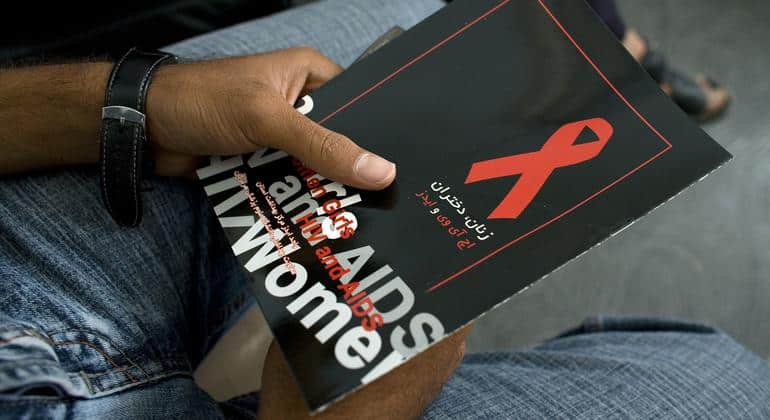Here’s the translation into American English:
—
Injectable lenacapavir (LEN), an innovative antiretroviral medication, has generated great expectations in the fight against HIV by offering a prevention strategy that requires only two doses a year. The World Health Organization (WHO) has called for its immediate availability in pharmacies, clinics, and online consultations, highlighting its advantages compared to daily oral therapies and rapid-action treatments.
WHO Director-General Tedros Adhanom Ghebreyesus stated that while a vaccine against HIV remains a challenge, lenacapavir emerges as a promising alternative. In clinical trials, this antiretroviral has been shown to prevent nearly all infections in at-risk individuals, making it a key tool in the battle against the virus.
WHO has also proposed a significant change in treatment implementation by suggesting the use of rapid HIV testing kits. These kits are more accessible and cost-effective, facilitating the administration of the LEN injection closer to the homes of those who need it. This recommendation is especially important considering that in 2024, 1.3 million people contracted HIV, disproportionately affecting vulnerable populations, including sex workers, men who have sex with men, transgender individuals, and people who inject drugs.
During the 13th Conference on HIV Science of the International AIDS Society in Kigali, Rwanda, Tedros reiterated WHO’s commitment to working with governments and organizations to ensure that the medication reaches communities quickly and safely. The recent approval of the injection by U.S. health authorities in June represents a significant advancement toward its implementation.
Regarding its integration into national programs, WHO has urged governments and donors to incorporate this medication immediately into their HIV prevention strategies. In addition to lenacapavir, WHO continues to promote other prevention methods, such as daily oral tablets and injectable cabotegravir, which requires doses every two months, as well as the dapivirine vaginal ring.
While the HIV epidemic persists as a global challenge, it is estimated that by the end of 2024, around 40.8 million people will be living with the virus, with 65% of cases concentrated in Africa. Despite a reduction in funding for the fight against HIV, access to treatments continues to increase, reaching 31.6 million people in 2024, compared to 30.3 million the previous year. However, HIV-related deaths were significant, reaching 630,000 last year, underscoring the urgent need for new and effective tools in this vital fight.
via: MiMub in Spanish
